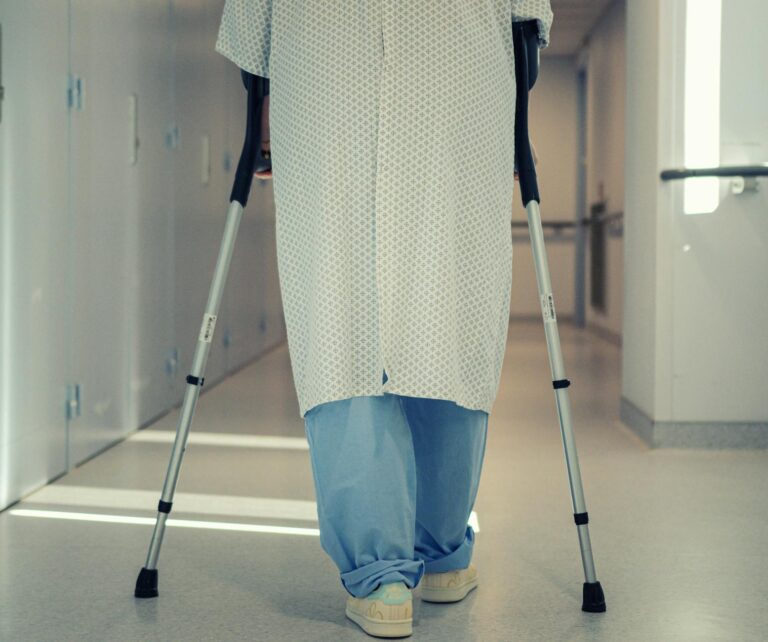As we get older, our bodies and minds may start to change, making it difficult for us to remember things or do tasks that were once second nature. One common condition that affects the elderly is Alzheimer’s disease, a progressive disorder that impacts memory, thinking, and behavior. People with Alzheimer’s often struggle with managing their medication, which can cause stress and confusion for both them and their caregivers. In this article, we’ll discuss how to help a person with Alzheimer’s use a pill organizer to make their daily medication routine easier and more manageable.
Understanding Alzheimer’s disease
Before we dive into the topic of pill organizers, it’s important to have a basic understanding of Alzheimer’s disease. This condition is caused by changes in the brain that lead to the death of brain cells. As a result, people with Alzheimer’s experience a decline in cognitive abilities, such as memory, thinking, and reasoning. This can make it difficult for them to remember important tasks, including taking their medication.
The importance of medication management
Proper medication management is crucial for people with Alzheimer’s, as it can help slow down the progression of the disease and manage symptoms. However, keeping track of multiple medications can be overwhelming for both the individual and their caregiver. This is where a pill organizer can be a valuable tool.
What is a pill organizer?
A pill organizer is a container with different compartments for each day of the week, typically labeled with the days of the week or times of the day. It allows for medications to be sorted and stored in advance, making it easier to keep track of what needs to be taken and when.
Choosing the right pill organizer
When selecting a pill organizer for someone with Alzheimer’s, there are a few things to consider. First, make sure it has large compartments that are easy to open and close. This will prevent any frustration or confusion for the person using it. The organizer should also be labeled clearly, either with the days of the week or times of the day. If possible, choose a pill organizer that has both options to accommodate any changes in the medication regimen.
Setting up the pill organizer
Once you have chosen the right pill organizer, it’s time to set it up. This can be a joint activity between the person with Alzheimer’s and their caregiver. Start by gathering all of the necessary medications, along with a list of what needs to be taken at each time. Then, using the list as a guide, sort the medications into their corresponding compartments. Make sure to double-check the list to ensure all medications are in the correct compartments.
Using the pill organizer
To help the person with Alzheimer’s use the pill organizer effectively, it’s important to establish a routine. Set a specific time each day for them to take their medication and make it a part of their daily schedule. It may also be helpful to use visual cues, such as placing the pill organizer in a designated spot or setting an alarm to remind them when it’s time to take their medication.
Encourage independence
While it may be tempting to take over and manage the pill organizer yourself, it’s important to encourage independence for the person with Alzheimer’s. This will help maintain their sense of control and dignity. Instead, offer support and guidance as needed, but allow them to do as much as they can on their own.
Be patient and understanding
As with any task involving someone with Alzheimer’s, it’s important to be patient and understanding. The process of using a pill organizer may be confusing or frustrating for them at first. Be patient and try to maintain a positive attitude. Offer reassurance and praise when they successfully use the pill organizer, and provide gentle reminders if they forget.
In conclusion, helping a person with Alzheimer’s use a pill organizer can greatly improve their medication management and overall well-being. With the right tools, guidance, and patience, managing multiple medications can become a more manageable task. Remember to involve the person with Alzheimer’s in the process and encourage their independence. With proper medication management, we can help improve the quality of life for those living with Alzheimer’s disease.





